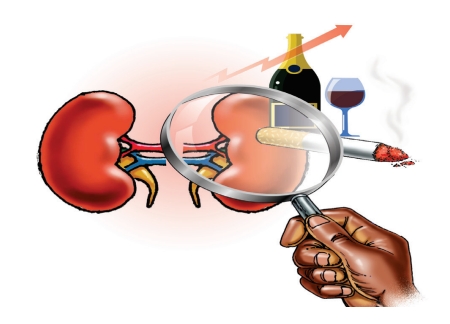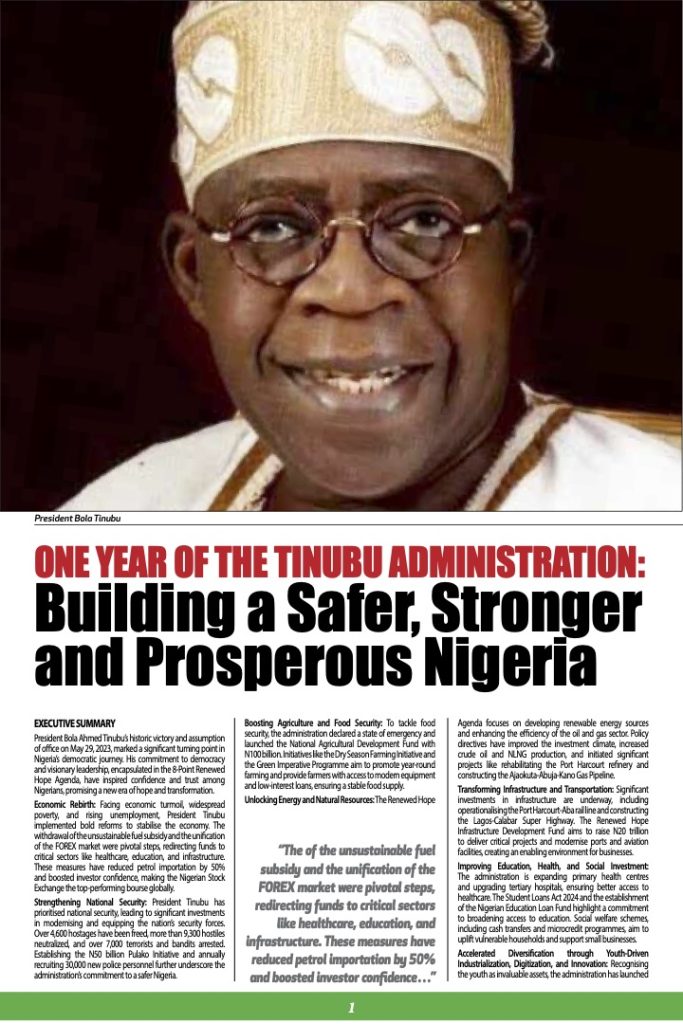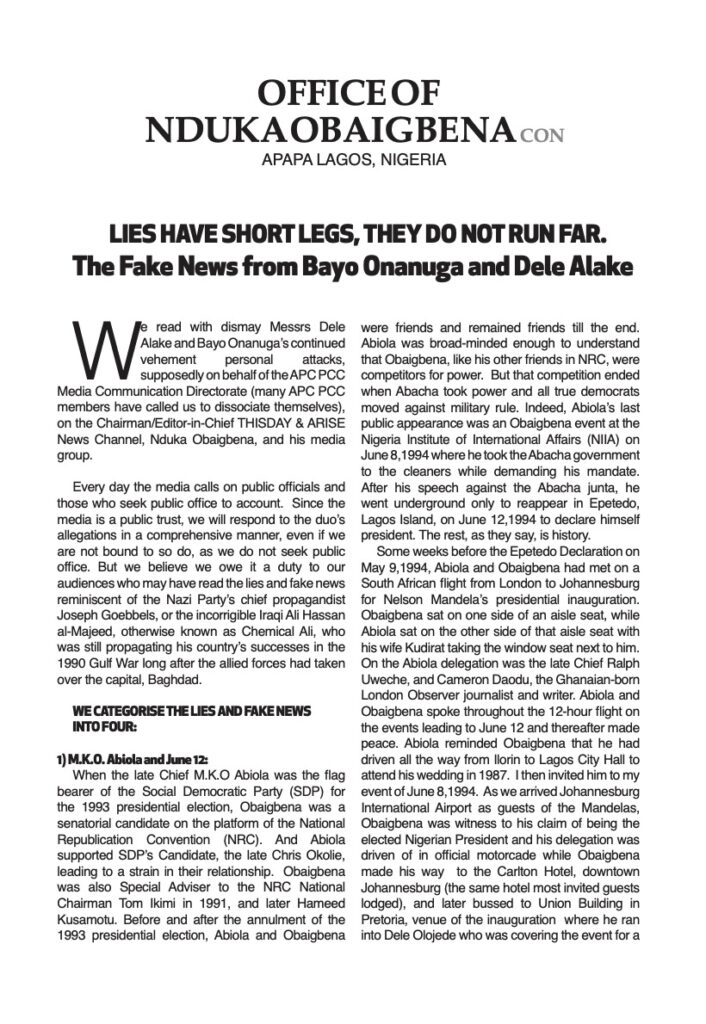Latest Headlines
COMBATING RISING CASES OF RENAL FAILURE

Government should lighten the burden of renal failure which is becoming a health emergency
The rising incidence of renal failure in the country is becoming rather alarming. This affliction affects all age grades. Only recently, former President Olusegun Obasanjo disclosed that about 15 per cent of adult Nigerians have kidney failure that cannot be reversed. “I have also been informed that the prevalence of kidney failure in Africa is higher than anywhere else in the world as an average African is four times more likely to develop kidney problem than a Caucasian or Mediterranean race,” said Obasanjo who sought legislative intervention to support patients with kidney disease, and combat the emerging organ trafficking in the country.
As the organ that helps to filter waste products from the blood and regulates electrolyte balance and red-blood cell production, the kidney is vital for human survival. Yet it is an organ most Nigerians know little or nothing about. This is because renal failure does not attract the kind of attention focused on medical issues like malaria, HIV/AIDS and tuberculosis despite the fact that a chunk of the population is afflicted by the scourge. Until now, renal failure was viewed as an elitist ailment because it was largely associated with the rich and a certain lifestyle characterised by unchecked appetite for processed foods and consumption of alcohol. But since post-mortem examinations are hardly performed on the causes of the death for poor people, such presumption hides the actual reality.
Today, this silent epidemic now cuts across all social strata due to a number of factors some of which include the use of fake drugs, unregulated or long-term use of anti-inflammatory drugs and antibiotics, inadequate enlightenment on the causes of kidney-related diseases, and lack of periodic medical check-ups. We therefore call on government and other stakeholders to rise up to this new threat against the well-being of Nigerians.
The starting point should be investment in preventive healthcare which should include massive public enlightenment on the likely causes of renal-related diseases. Emphasis should also be placed on periodic medical tests as early detection could help check deterioration. Also, government should tackle the menace of fake drugs, and check the unregulated sale and consumption of herbal mixtures publicly displayed at motor parks, in buses, at workplaces and even residential areas as chemical composition of most of these herbal drugs are not only unknown, but there are also no proven tests to determine their side effects.
While we hope that NAFDAC will wake up to its responsibility in this regard, much more importantly, there is an urgent need for proper funding of the health sector. There are currently reports that Nigeria does not have enough nephrologists and adequate functional dialysis centers to cater for the increasing number of victims of renal failure. Even the few dialysis centers that exist are located in urban areas thereby denying victims of renal failures in rural areas access to treatment. This calls for the expansion of medical infrastructure across the country and the urgent need for capacity building to be able to cope with the threat.
Policy measures that would encourage massive private sector investment in the health sector, especially in the area of establishing world class medical centers, should be initiated. However, one issue that needs to be addressed in tackling this silent but rapidly expanding epidemic is the prohibitive cost of treatment. For a nation where the minimum monthly wage of N70,000 remains a problem, three to five dialysis a week is practically impossible for many patients. We therefore agree with Obasanjo that government at all levels must subsidise the cost of treatment of this medical condition afflicting large numbers of our population. For, as the saying goes, a healthy nation is a wealthy nation.

















